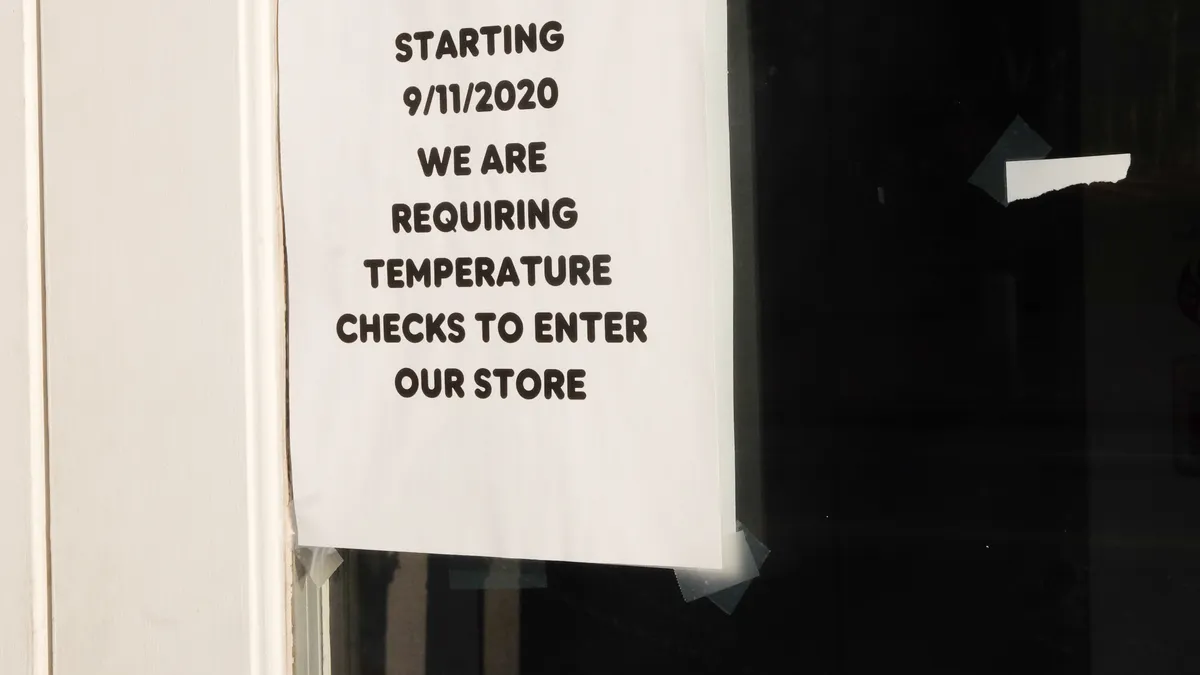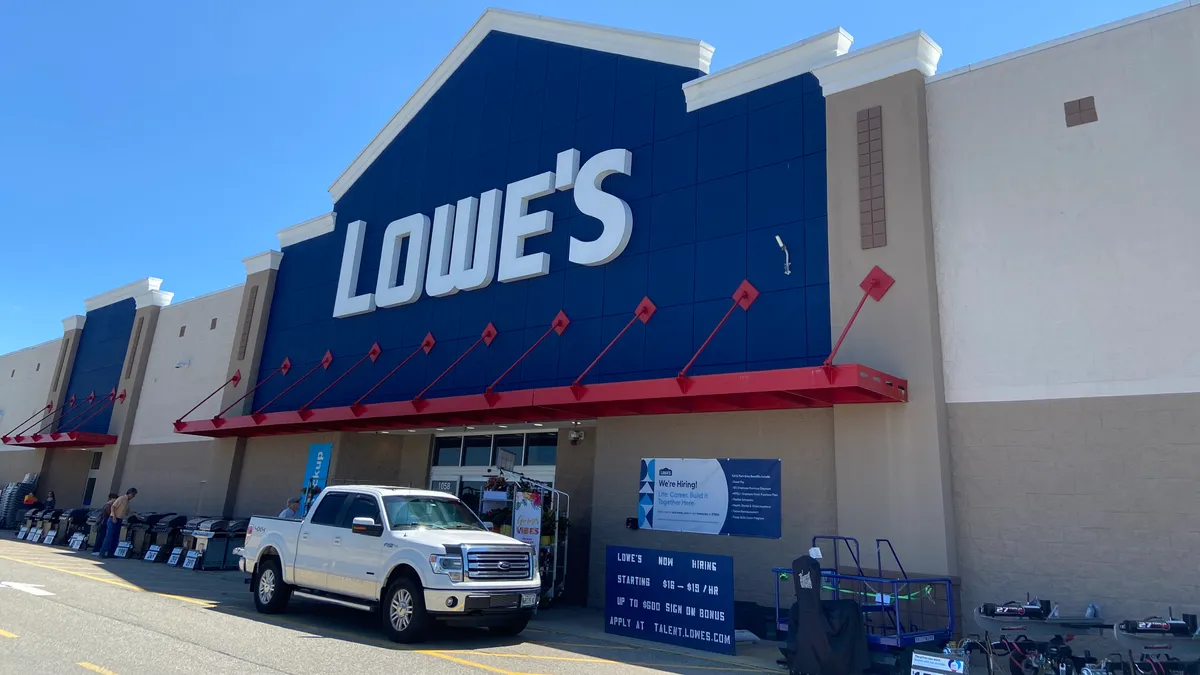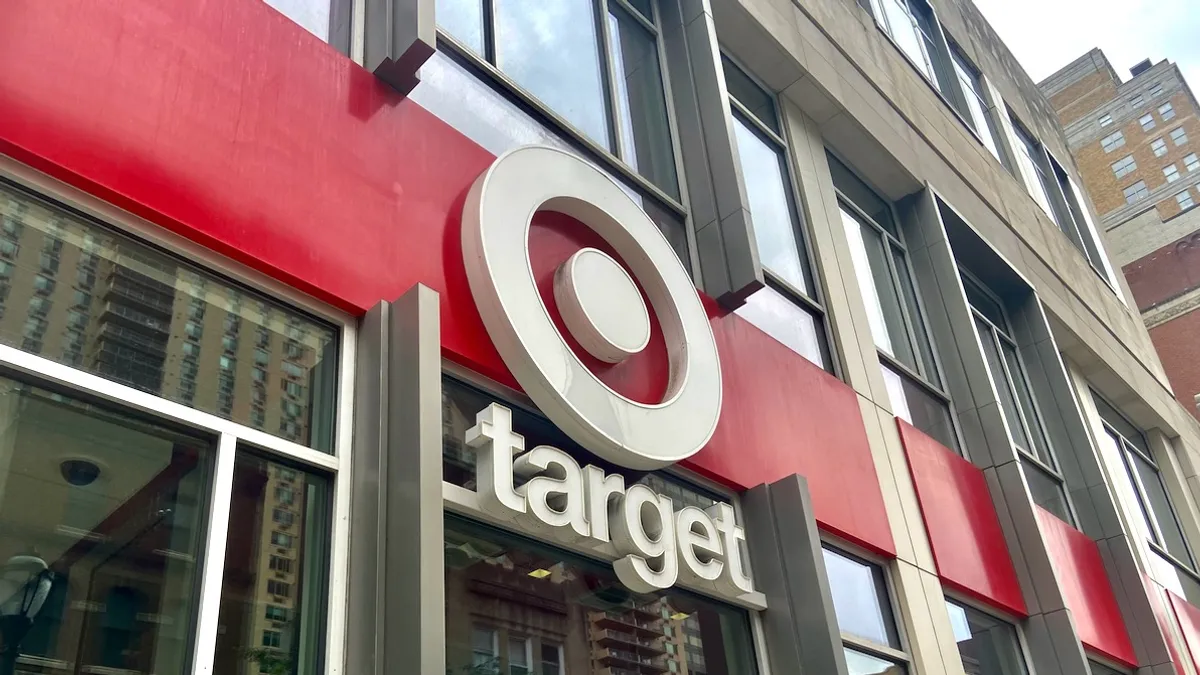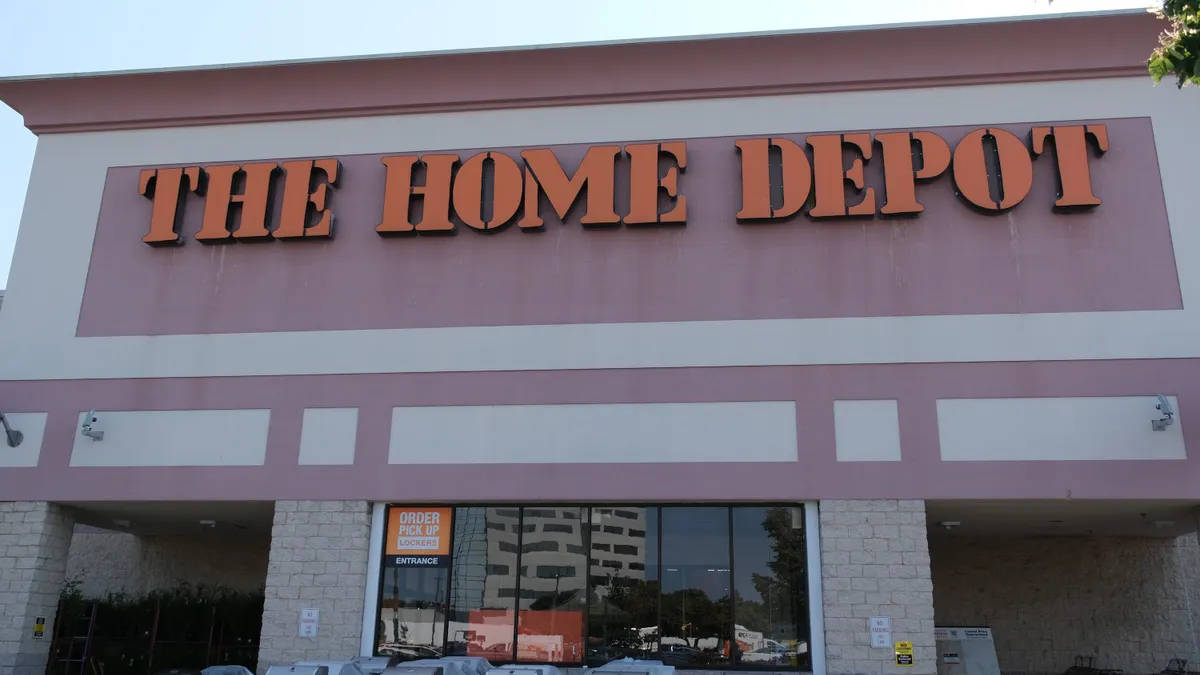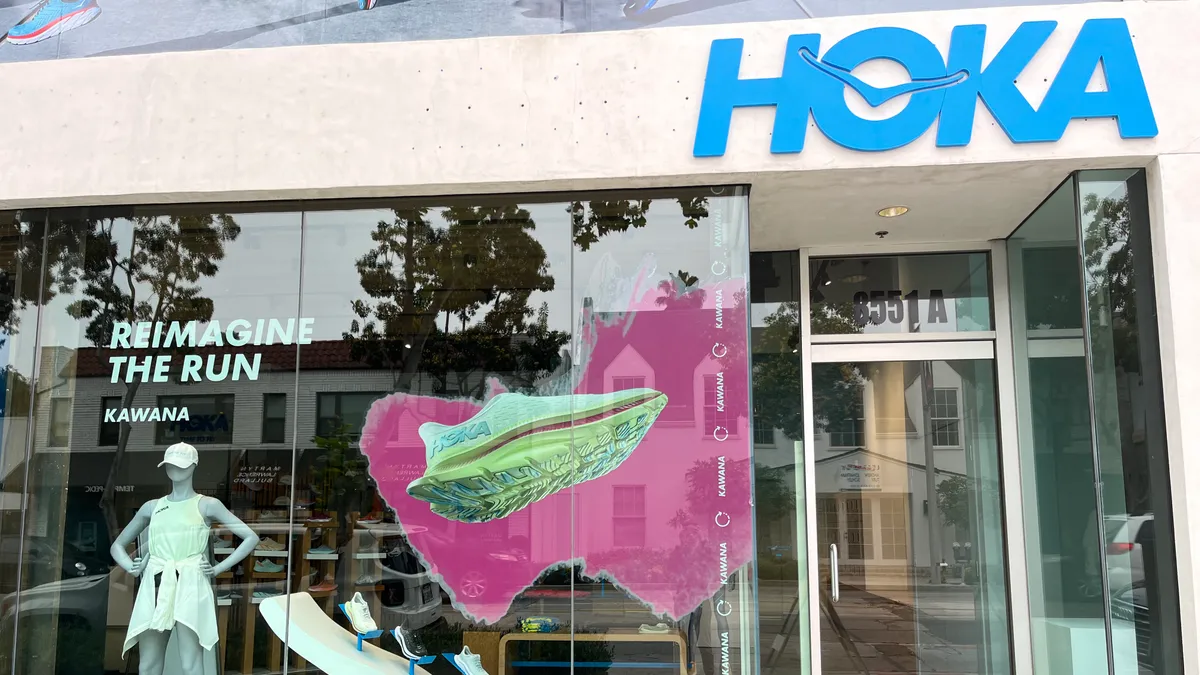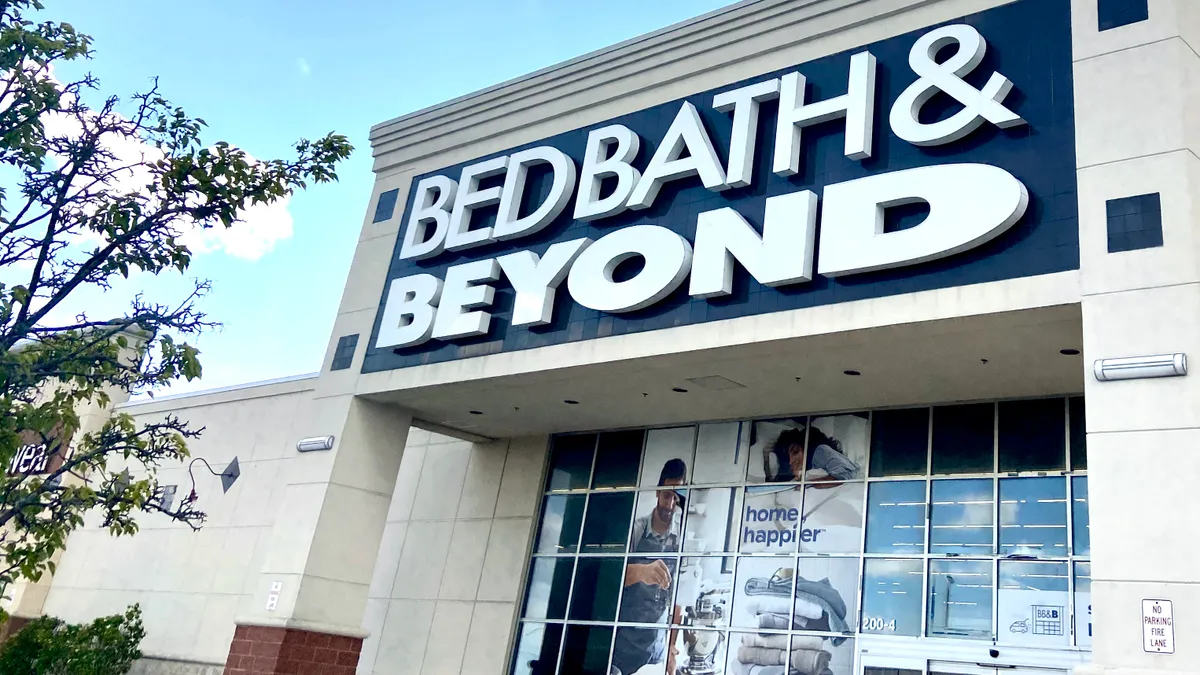The COVID-19 pandemic has been devastating for retailers deemed "nonessential," with sales in several categories taking hits month after month since the spring.
The consequences for many have been severe. Financial firm BDO warned that 2020 could see more retail bankuptcies than ever recorded in one year, tracking closely with Retail Dive's count of 27 so far. Another 17 seem on the brink. Some retailers are concerned that the holidays could be a repeat of the bleak second quarter.
There have been signs of hope, with a few retailers actually thriving. Generally, consumption in recent months improved as stores reopened, buoyed by nearly $3 trillion in federal stimulus spending that put money into consumers' pockets and propped up employment. But, with the holidays on the horizon, retailers remain jittery, in part because both the financial and public health outlooks remain precarious.
Uncertainty around renewal of the federal government's economic pandemic relief flared this week when the president kiboshed his administration's negotiations with Congress over a new stimulus deal, with confusing back-and-forth renewal efforts since. And the pandemic itself remains stubborn: The New England Journal of Medicine this week noted the U.S. "leads the world in Covid-19 cases and in deaths due to the disease," slamming American leadership. It's a set-up for a repeat of the dismal second quarter that led to massive furloughs, new debt and worse.
"Every retailer I've talked to is planning on at some point their stores becoming unavailable if they're not essential — they all have contingency plans," Forrester Research Principal Analyst Brendan Witcher said by phone. "The general consensus around retailer leaders is that we are going to see a resurgence that affects consumer behavior."
The lessons
After a brutal spring, retailers are prepared, according to representatives of the industry. Both the Retail Industry Leaders Association and the National Retail Federation reject the notion of keeping some types of stores open but not others.
"There is no need to divide the industry again," Jason Brewer, RILA executive vice president of communications and state affairs, said via email. "In addition to leading the national dialogue on the importance of wearing masks in stores and other public spaces, retailers have made massive investments in safety protocols, sanitization and PPE to keep our employees, customers, and the communities we serve safe. These investments will allow all retailers to safely serve customers, and we are confident that these efforts will allow consumers to shop safely this fall and into the holiday season at all their favorite stores."
Earlier this year both groups demanded that government officials mandate masks, which health officials say is an effective way to prevent transmission of the coronavirus. "People want to return to normal, and as the pandemic stretches on, it's a small price to pay to wear a mask in the store if what you get is the chance to find something in a store that you can't find online," David French, NRF senior vice president of government relations, said by phone.
"The thing about the virus is that it doesn't care when Christmas is or who's president."

Brendan Witcher
Forrester Research Principal Analyst
Those that were nimble enough to develop or perfect their BOPIS services as their stores were forced shut are also better prepared for the upcoming season, Witcher noted. "Q2 was a mess, but that's almost a throwaway quarter that doesn't matter as much as the holidays," he said. "Let's just thank the stars that it happened in Q2 because now we have it in place, let's call it a practice run. The thing about the virus is that it doesn't care when Christmas is or who's president."
NRF's French said that the latest record-setting import numbers from major U.S. ports show that retailers are "cautiously optimistic" about the holidays. "They're getting ready for a holiday season that will be, if not as strong as last year, not nearly as weak as you might expect," French said. "Most of our members report that the consumer is spending. It's softened a little bit, but it's still there."
In fact, after a summer forgoing travel, dining out and other spending, some people's bank accounts will be flush with cash. That could mean a lucrative season, at least for some, according to retail consultant Matt Sargent, principal of Sargent Up North.
"There's a lot of variables on both sides of the coin, and it's tricky, but for some retailers it's going to be the best holiday ever," Sargent said by phone. "There are going to be winners and losers."
The price of uncertainty
The unprecedented level of uncertainty, about the election, the virus and the economy, could be a spoiler, and the pandemic could bring the challenges of the second quarter into the fourth, others warn.
Even with stores open and clean, and with e-commerce and curbside pickup viable alternatives, shoppers won't spend if they're under pressure and worried about their future. "The economy is not driven by stores being open," Witcher said. "You can open stores all day long, but if people don't buy because they're broke? The goal is to get the pandemic under control so people can stay employed."
Just the perception of progress could make the difference, according to Lee Peterson, executive vice president of thought leadership and marketing at WD Partners.
"If there's going to be the same death knell and no jobs, I think it's going to be a very bummer holiday because people are going to save their money — because the recession is just starting now," he said by phone. "But if there's a change in November, if we realize that things would be different and things would get better, if we think all this is going to stop and we're going to get someone to help us with this pandemic and pass some stimulus bills, I think you're going to see a holiday pop. It's called hope."



